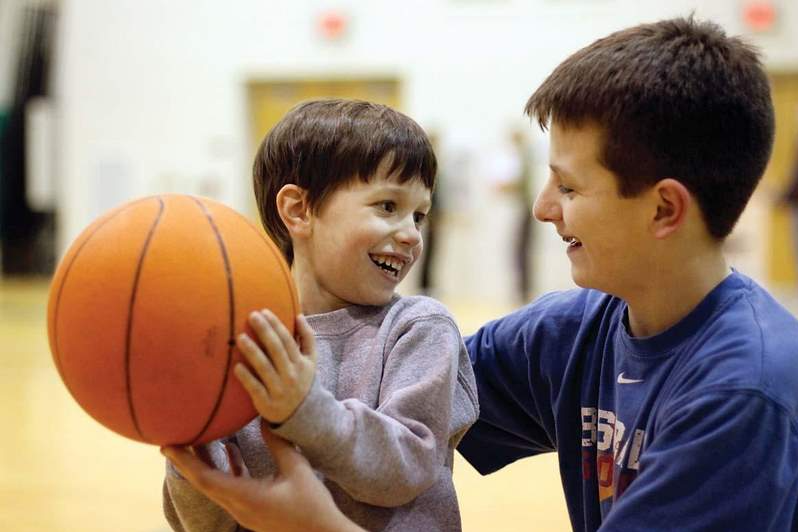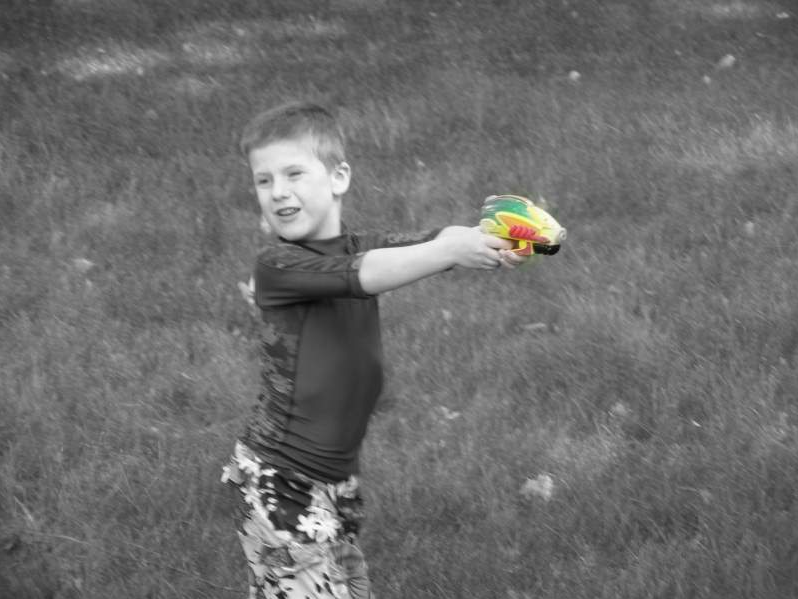
October 25, 2022
Elementary children need to experience themselves as increasingly powerful agents in the world. As their personal power increases with age and maturity, they begin to encounter all the classical questions about power with which humanity has struggled and continues to struggle. At the root of these questions is the fact that power and its uses define relationships.
There is that in the male psyche, in particular, that is fascinated with the projection of personal power at a distance. The emperor sits in his throne room ruling his far-flung empire. The generals gather in the war room to talk about “force projection.” CEOs earn their bonuses by expanding the “global reach” of their corporations. The eminent professor sits in his study writing books and papers calculated to demolish the theories of his colleagues on the other side of the world and change the direction of his academic discipline for all time.
Boys, on the other hand, just like to throw things. Rocks, snowballs, mud balls, dirt clods, sticks, spears, Frisbees, boomerangs, baseballs, footballs, basketballs – all involve the projection of power at a distance – and if accuracy is involved, so much the better. Standing right here, I can cause an effect way over there. I can get that wooly mammoth, bear, or dog before it gets me. I can get you before you get me. And I can do it even if I’m not as big, strong, fast, ferocious, agile, or smart as you.

Guns are technology’s answer to this fascination with the projection of power at a distance. This attraction, this fascination is, in itself, neither good nor bad. It just is. Yet it is clear that in the context of a life and a culture, how a boy learns to relate to his capacity to project personal power can lead to good or bad habits of mind and good or bad outcomes for the boy, his family, and his society.